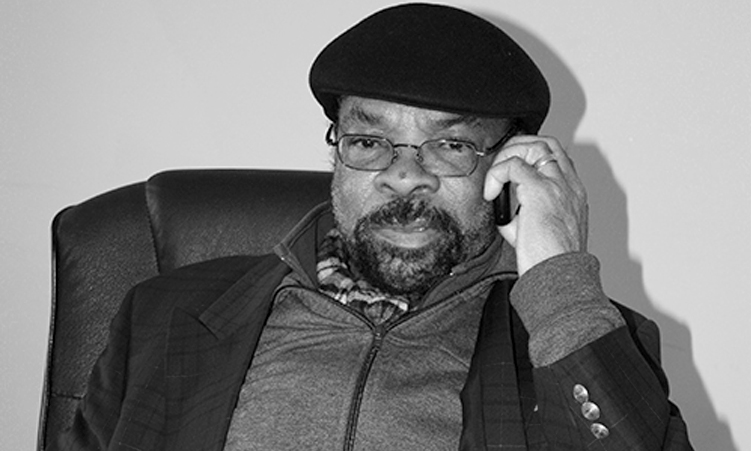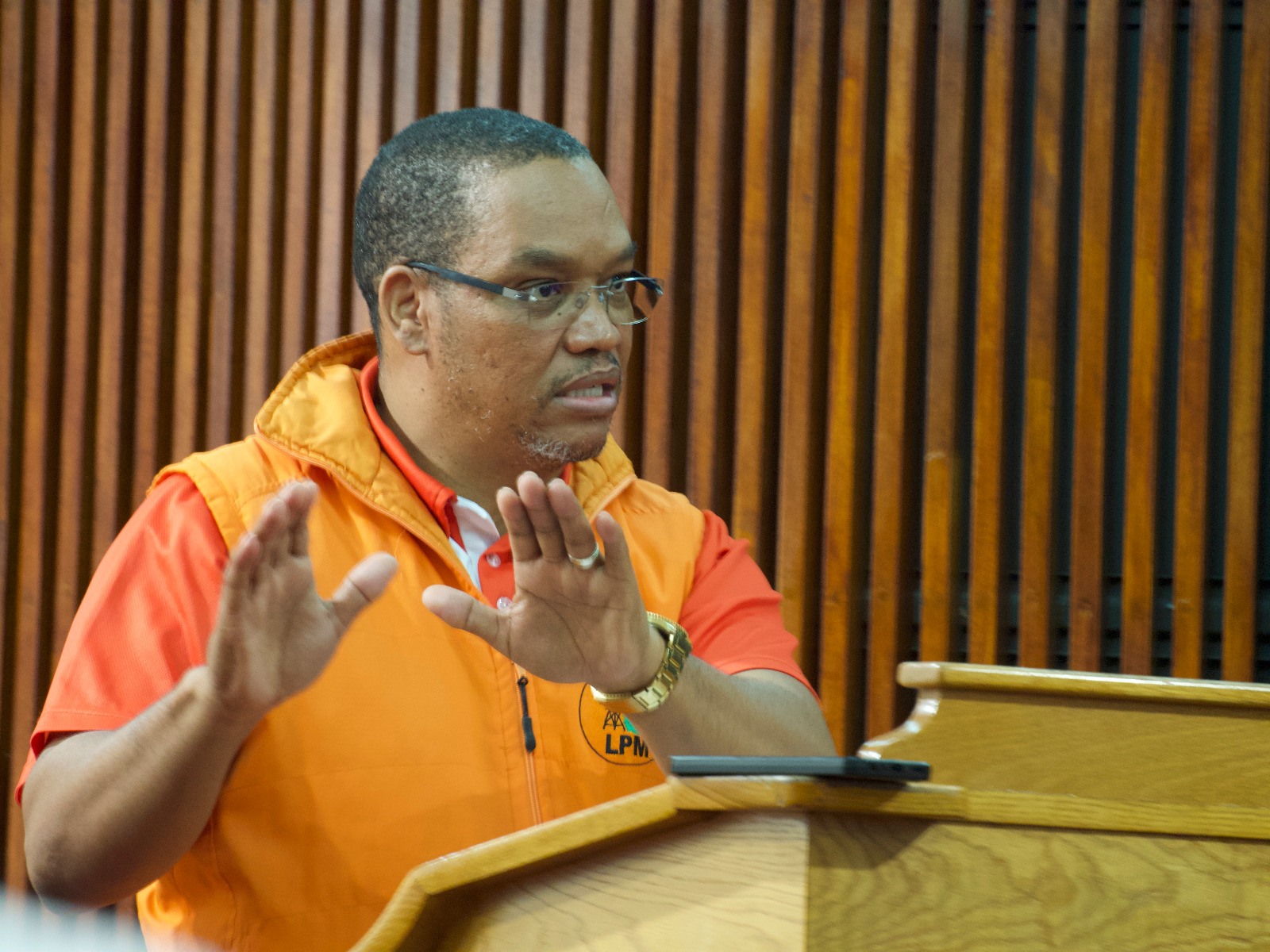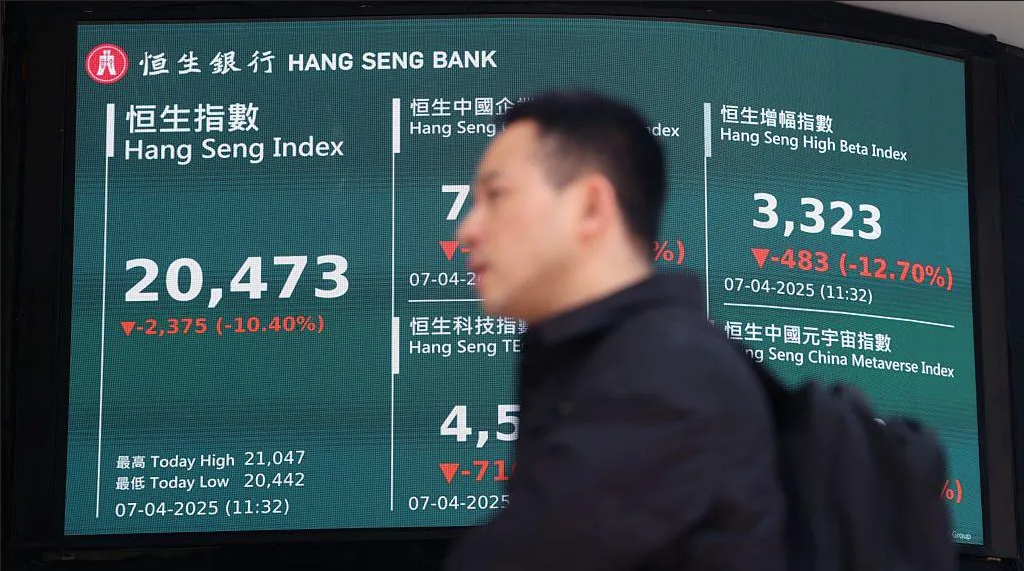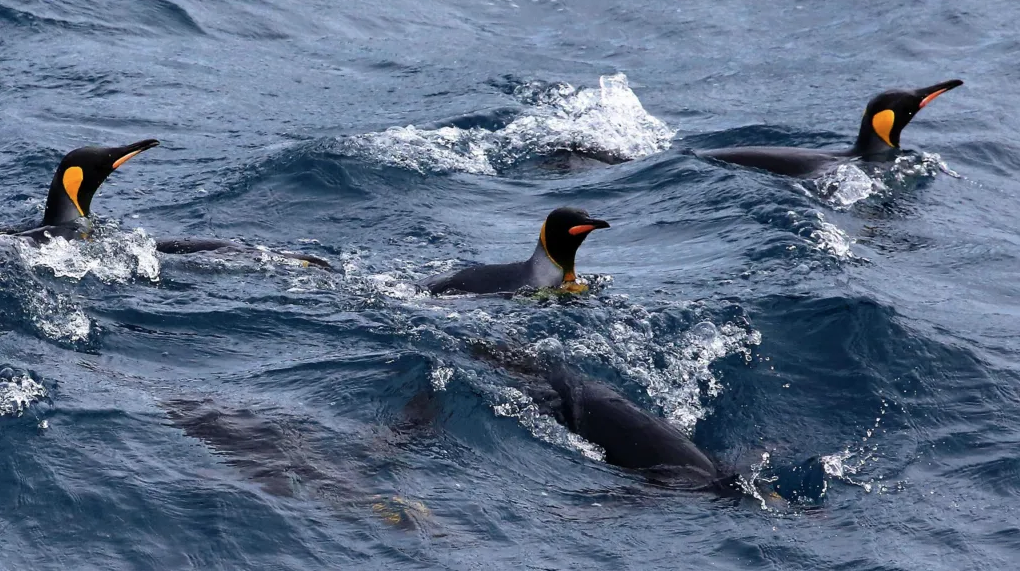Hidipo Hamutenya was one of the most influential figures in Namibia’s modern liberation struggle, who went on to become a catalytic presence in both Swapo and opposition politics after independence.
He was born on 17 June 1939 at Odibo in the Ohangwena region, and attended Odibo Junior Primary School and Engela Senior Primary School from 1947 to 1955. Before taking the decision to go into exile in 1961, he attended Augustineum College at Okahandja for two years, where he met other emerging freedom fighters.
Hamutenya’s father, Aaron, was a founding member of Swapo and a good friend of Sam Nujoma. With the blessing of his parents, Hamutenya (then aged 22) left for exile in Tanzania at the end of 1961.
After attending a journalism course at Sofia University in Bulgaria, he moved to the US. From 1964, he was one of Swapo’s representatives to the Americas while he furthered his studies – first at Temple High School in Philadelphia and then at Lincoln University (BA, political science and history).
He ended the decade by gaining a postgraduate diploma in development studies at Syracuse University before moving to Quebec, Canada, to complete an MA in political science and development studies at McGill University (1970-71).
He was recalled to serve Swapo in Africa in 1973, becoming secretary for education a year later. From 1981, he rose to further prominence as Swapo’s secretary for information and publicity. He was also deputy director/head of the history and political science department at the UN Institute for Namibia (Unin) in Lusaka from 1976 to 1981.
During the 1960s and 70s, Hamutenya became an experienced international diplomat, and was part of Swapo’s team involved in talks at the UN ahead of the adoption of Resolution 435 in 1978.
As the secretary for information and publicity, he had to limit the fall-out from one of the most painful episodes in Swapo’s exile history – the detention of hundreds of alleged spies – which proved to be a propaganda coup for the apartheid state in the 1980s. Hamutenya’s critics claimed he was involved in the detentions – as he was linked to the production of videos of detainees making forced and undoubtedly false confessions.
However, his supporters said he was mostly concerned with protecting Swapo’s international reputation during a difficult period, rather than being directly linked to the abuses which took place.
At independence, he was appointed minister of information and broadcasting for a period of two years, during which he was instrumental in establishing the Namibia Broadcasting Corporation, New Era newspaper and the Namibian Press Agency. In 1993, he was shifted to the potentially more influential trade portfolio. There were early misfires during his period as trade minister. He was criticised for greeting some barely credible investment schemes with hardly deserved fanfares.
But by the time he was moved from the trade and industry portfolio in 2002, Hamutenya could boast of several significant milestones passed – including Anglo-American’s massive investment in the Skorpion Zinc Mine in the south of the country, the establishment of the export processing zone in the mid-1990s, and Namibia’s acceptance under the terms of the US Africa Growth and Opportunity Act.
In 2003, Hamutenya was named as fDi magazine’s African personality of the year for leading “Namibia’s crusade to attract FDI for nine crucial years”. Politically, Hamutenya had come a long way from 1976 – when he played a central role in drawing up Swapo’s political programme with its commitment to ‘scientific socialism’.
This capacity to adapt his thinking was crucial to Swapo’s post-independence pragmatism, which put national development ahead of ideological considerations.
Hamutenya was given the foreign affairs portfolio in 2002. He was the principal influence behind Namibia’s first foreign policy white paper in 2003, and was the first politician to actively promote ‘economic diplomacy’ as the most sensible and productive way for Namibia to project itself abroad.
The evolution of Hamutenya’s views since 1990 revealed a man who was able to shift away from traditional patterns of thinking and action.
Hamutenya’s political fortunes took a nosedive in 2004. President Nujoma summarily dismissed him as foreign minister in May 2004 – just four days before a crucial Swapo congress was to choose the party’s presidential candidate for the 2004 elections. With his campaign weakened by his sacking, Hamutenya came second to Nujoma’s favoured candidate – Hifikepunye Pohamba.
Subsequently, Hamutenya was subject to attempts to vilify his character, and he was politically sidelined. His treatment, and that of some of his followers, led directly to the formation of the Rally for Democracy and Progress (RDP) in 2007. He led the new opposition party in the 2009 elections, and stood as a presidential candidate against Pohamba.
Campaigning was marked by bitterness and further attempts to tarnish his name by some among the Swapo ranks. The RDP performed creditably and emerged as the official opposition in parliament, but many party officials were disappointed and felt the party had been cheated of its rightful result. A long and ultimately unsuccessful court challenge to the election results ensued.
The RDP’s momentum faltered, and the energies of its leader were further dissipated by periods of ill-health. He stood again in the 2014 presidential elections, but the RDP performed poorly and saw itself being replaced as the official opposition by the DTA. Ultimately, Hamutenya bowed out of the RDP leadership in early 2015, and only a few months later, he went back to his political home in Swapo.
Very few now doubt that Hamutenya was treated harshly during this period, and the villification directed at him and others who left the Swapo Party was both excessive and imprudent. One consequence of that period seems to have been a gradual realisation within Swapo that for the sake of the party’s long-term future, leading figures should avoid such bitter and personalised recriminations. Hence the 2012 presidential contest, although tense, did not repeat the bad-mouthing of eight years earlier.
Hamutenya referenced this on rejoining Swapo in August 2015 when he said that he was returning to a party under “new enlightened leadership” which stressed inclusivity over rivalry.
When he rejoined Swapo in mid-2015, in one of his last high-profile statements, Hamutenya said that his legacy within the ruling party could never be denied. But all Namibians can be thankful that his legacy is not only about his party involvement.
His is a legacy for the nation. Quite simply, Namibia – as an emergent and progressing independent nation celebrating 26 years of freedom – would not be the same without him. His contribution to the liberation of Namibia and to the development of the post-independence state is incalculable. He was truly one of the giants.
Stay informed with The Namibian – your source for credible journalism. Get in-depth reporting and opinions for
only N$85 a month. Invest in journalism, invest in democracy –
Subscribe Now!










